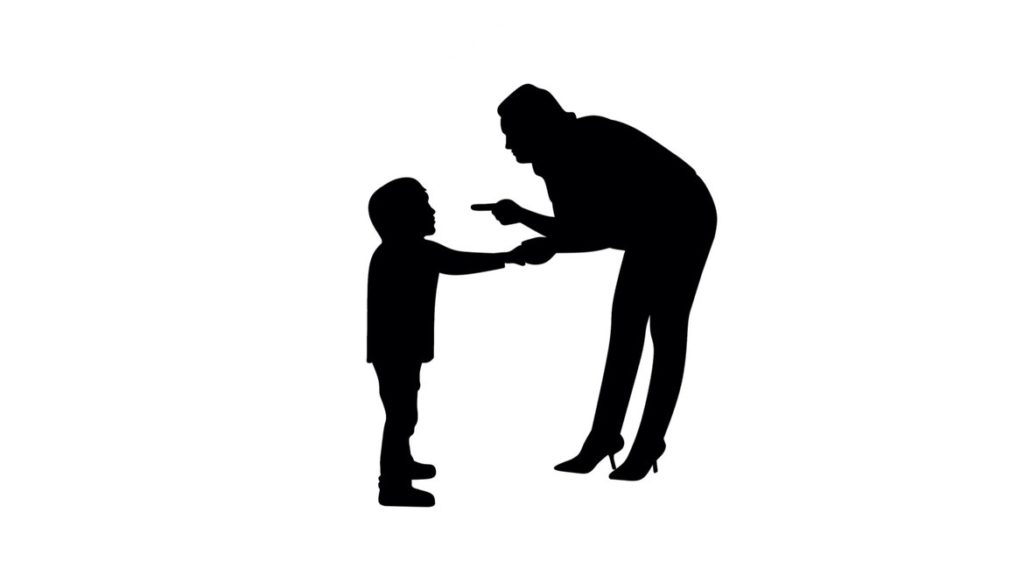How can I get my children to follow directions the first time?
I have a life changing strategy for struggling parents who are tired of telling children multiple times to follow directions.
Covid has worn down parents down and more of them are complaining that their children aren’t listening.
This question reminded me of a parent I witnessed a few years ago who was threatening to take away all her child’s toys because he wasn’t listening to her.
He turned to his grandmother sitting next to him whispered loud enough for me to hear, “I don’t have to listen, she isn’t going to do anything.”
I’m sure many parents have experienced the same frustrations I felt in the past that might have led to idle threats. We’ve all done it. But there is something better we can do starting today to get them to listen.
If you are frustrated with telling children a number of times to pick up their clothes, make their beds, or clean up the toys, I have a simple four step process, also known as MEEP. It can turn it around.
MEEP – Four Step Process
“M”
Step 1: Refrain our Mindset
Resetting our Mindset is necessary. We need to look at asking children to comply the first time as training in how to respect time limits. It is training needed for success in future jobs. A shift to the expectation of a positive result is necessary. Believe deeply the MEEP method will work.
“E”
Step 2: Establish Clear Expectations and Boundaries
Explain that things are going to change. Prepare by defining the behaviors that were unacceptable and the behaviors that will replace them. Make a list of before and now that can be displayed for the children to see.
“E”
Step 3: Offer Examples
Be firm and clearly state what you didn’t like and what you expect to see.
“I am tired of telling you to pick up your toys multiple times. From now on, once I give you the five minute warning that they have to be picked up, you are to begin picking them up and be done when the buzzer goes off.
“P”
Step 4: Painful Consequences
Providing a painful consequence is real life. In a real job, if one does not complete a project on time, the painful consequence is being fired. When I speed and get a ticket, traffic school is painful enough to keep me in check for a few years.
The consequences must match the crime.
They must be clear.
They must not be given under stress.
Must be spoken softly
The follow-through must be action base with no dialogue
State the new expectance in a low clear and firm voice. Show no anger and confidently state, “If everything is not cleaned up once the buzzer goes off, I will pick up all the toys, and they will be put away until directions are followed on my first requests. No more, “Wait a minutes.” The same will be true for the clothes on the floor. When you don’t get the clothes in the hamper, the clothes will be removed and the only thing there will be to wear is what got in the basket. (This works with all family members.)
To solidify the new demands, have the children repeat the expectations and the consequences, so you know your were heard.
Children learn very quickly how far the can push their parents. One last thought. When we yell, we are not heard. As one student stated, “When my mom yells it’s like white noise.”
When picking up the toys, say nothing as you put them in the big black trash bag. They may cry, throw a hissy fit, or try to pull them away. Say nothing, and leave the room. They may even try to bargain with you. Ignore the dialogue and the negative behaviors.
Once they have calmed. It’s appropriate to remind them that you will be sticking to your statement, so they can demonstrate they can listen the first time or they won’t have toys to play with. A friend’s daughter was telling us how she took the toys and dramatically took them away. Her five year old daughter was listening, and piped up,
“I listen the first time now.”
